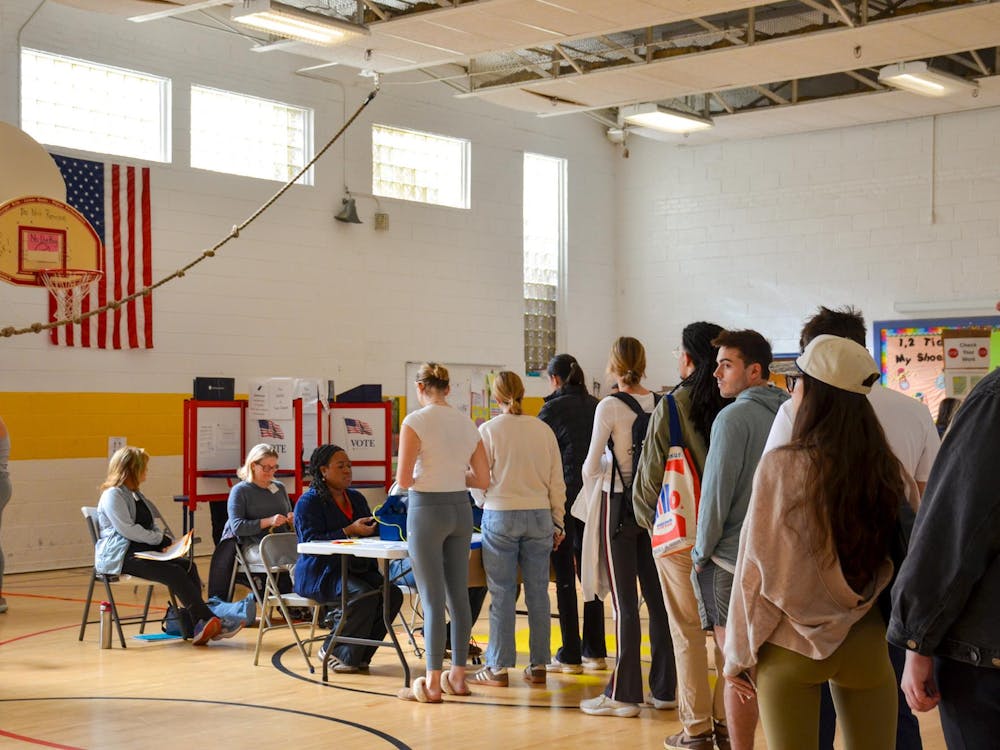The current economic crisis has impacted University finances in small ways thus far, with fundraisers anticipating short-term difficulties but remaining optimistic about the overall success of the University’s Capital Campaign.
The University issues bonds for the construction of structures such as the South Lawn Project and Kellogg dormitory, University Chief Financial Officer Yoke San Reynolds explained. These consist of “a diversified portfolio of debt instruments,” Reynolds said, noting “we use a pool of investment banks including Lehman Brothers.”
After Lehman Brothers declared bankruptcy, some investors immediately sold their bonds. Nervousness about what bankruptcy meant forced the University to buy back the remaining bonds, Reynolds said.
“We had to find $8 million worth of cash to buy the bonds, and then we had to pay higher interest on those,” she said. “Because we were able to line up and contract with another investment bank,” however, this was a short-term situation that lasted two weeks, she said.
The University offers high quality, AAA-rated bonds, so there is always demand for them in the long term, Reynolds said. Currently there is uncertainty, she explained, because the market is nervous and some investors need liquidity because of the credit crunch. Reynolds cited the University’s situation as “a small example of what’s happening in the bigger market.”
The University also has working capital that was put in short-term investments similar to a money-market fund, Reynolds explained. These investments contained Lehman securities, Reynolds said, so she said there will be a financial loss when the University sells them, if it is able to. Reynolds noted, though, that this “is just a small portion of our total investments.”
The current economic situation could also impact fundraising at the University, though Robert Sweeney, senior vice president for development and public affairs, said University administrators “expect that the [Capital] Campaign will hold its own even during this difficult time.” The Capital Campaign had brought in $1.77 billion as of late August, when the latest figures were available, Sweeney said.
“Given the timeline that we’re onto,” Sweeney said, “we’re still ahead of trajectory.”
The University has been raising funds “aggressively” since 1990, he said, and has experienced two economic downturns since then, though he noted that “they don’t seem to be anywhere near as dramatic as what we’re facing right now.”
During these periods, University fundraisers continue work to maintain relationships with alumni, parents and friends. When these individuals are “engaged and involved in the life of the University,” philanthropy becomes an extension of the relationship, Sweeney said.
He noted, though, that “as wealth in the country goes, so goes philanthropy to a certain extent.” Throughout the current economic downturn, the Capital Campaign will look to individuals who avoid the negative financial effects of the situation.
“Part of our job will be to find out who is ready today to consider a gift,” Sweeney said, “even though there will be less of those people than there was a year ago.”
Sweeney said he believes that though fundraising may be more challenging during this economic slump, overall, the Capital Campaign, which unofficially began Jan. 1, 2004 and will end Dec. 31, 2011, will be successful.
“I would strongly argue that when we look at this campaign in its totality, at the end of 2011, the University will have raised more than $3 billion,” he said. In the short term, though, Sweeney said he is “very realistic that this will be a difficult 12-month period of time.”






